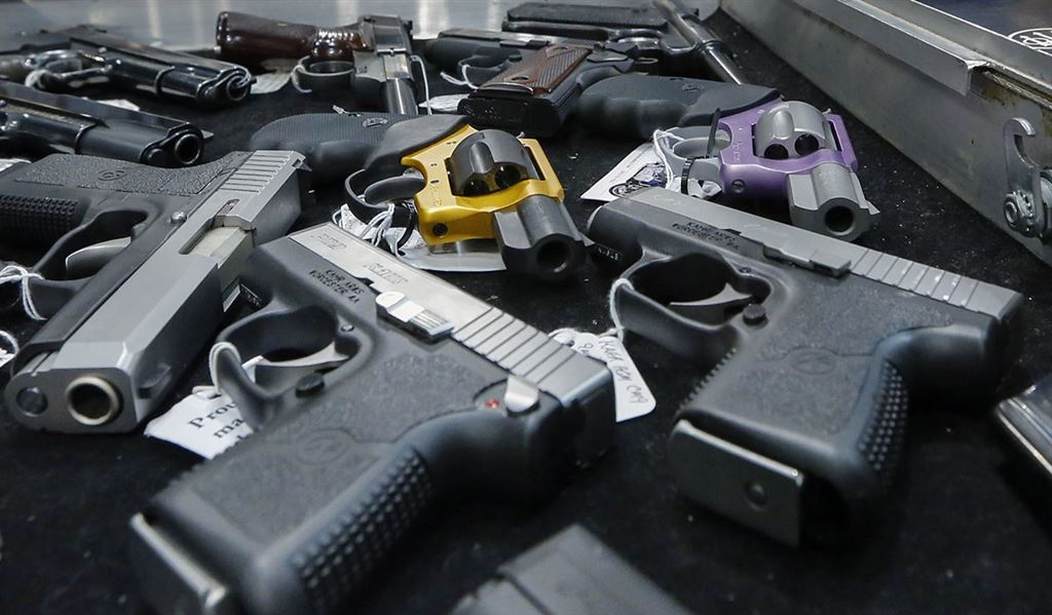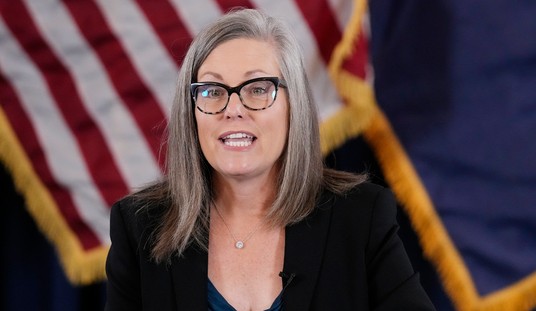This is actually the second time that Edward Arao has been found guilty of violating a federal gun law and engaging in illegal gun sales. Arao’s first conviction was thrown out by a judge who ruled that Arao’s rights had been violated when he was tried along with his alleged co-conspirator, but a new trial led to the same result as the first go-round: guilty as charged.
Prosecutors said Arao and his co-conspirator, another former Gardena police officer, Carlos Fernandez, 46, of Norwalk, exploited their positions as police officers to operate an illegal gun-selling business.
As part of the scheme, Arao purchased the firearms — all Colt .38 Super-caliber handguns that were not available to the general public, but which could be legally purchased by law enforcement officers — through Ronin Tactical Group, a federal firearms licensee that Arao owned and operated.
Arao then transferred the guns to himself individually from the inventory of Ronin Tactical and re-sold 41 of them to non-law enforcement officers. Similarly, Fernandez obtained multiple off-roster weapons, which he re-sold to the general public through Ronin Tactical. Through messages on Instagram and via other means, Arao and Fernandez negotiated the prices and terms of firearm sales, and then delivered the guns and accepted payment, often in cash.
Arao and Fernandez were both charged in federal court with dealing firearms without a license, but the heart of the case is a California law that, as noted above, prohibits the average citizen from purchasing what are known as “off-roster handguns”.
In California, all handguns approved for sale to the general public are placed on what’s called the Roster of Handguns Certified for Sale. But thanks to California’s microstamping mandate, there have been no new models of handguns available to the general public for close to a decade. Additionally, hundreds of handguns that were previously available to the general public to purchase have been removed from the roster at the same time.
Law enforcement, however, can continue to purchase off-roster handguns, which creates a perverse incentive for police officers to break the law and become gun traffickers themselves.
If California didn’t have this bizarre two-tiered system, there would be no reason for Arao or other cops to try their hand and running an under-the-radar gun business. Anyone wanting a Colt .38 Super could simply go to a gun store, fill out their paperwork, pass a background check, and wait ten days before returning to the shop to pick up their gun. Okay, maybe “simply” isn’t the right word to use, but you get the idea.
By trying to keep some of the most popular and common handguns out of the hands of California residents, the state has created its own illicit market and incentivized those with access to “off roster” handguns to turn a blind eye to the law. I’m not excusing Arao and Fernandez’s criminal activity, but I am pointing out that the state could easily put a stop to this by merely recognizing the right of the average resident to obtain the same firearms that are available to hundreds of millions of Americans fortunate enough not to live in a state that treats a constitutional right as a privilege.









Join the conversation as a VIP Member